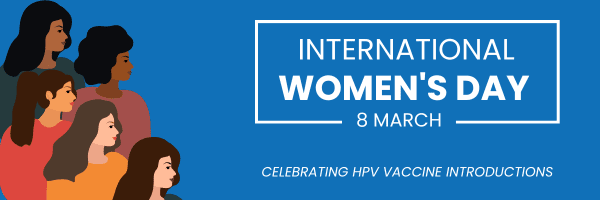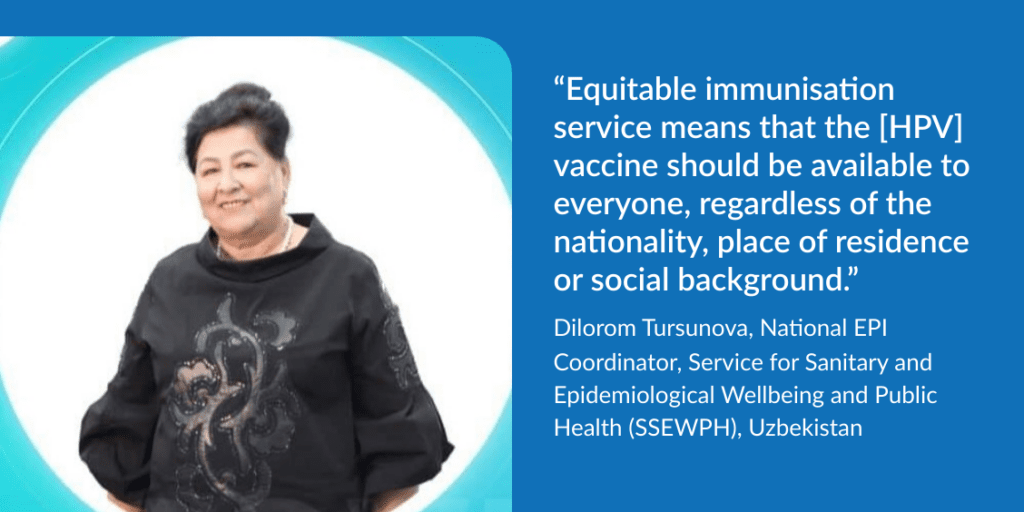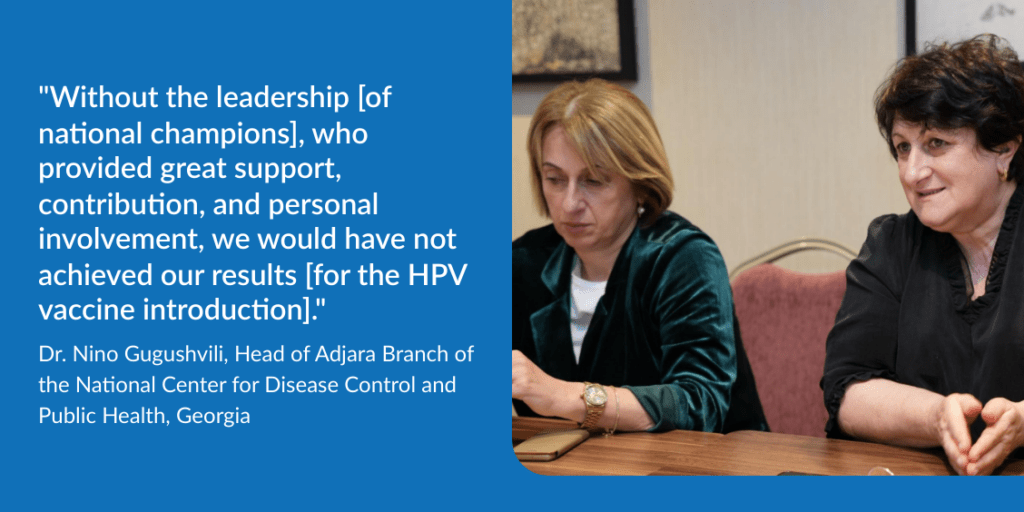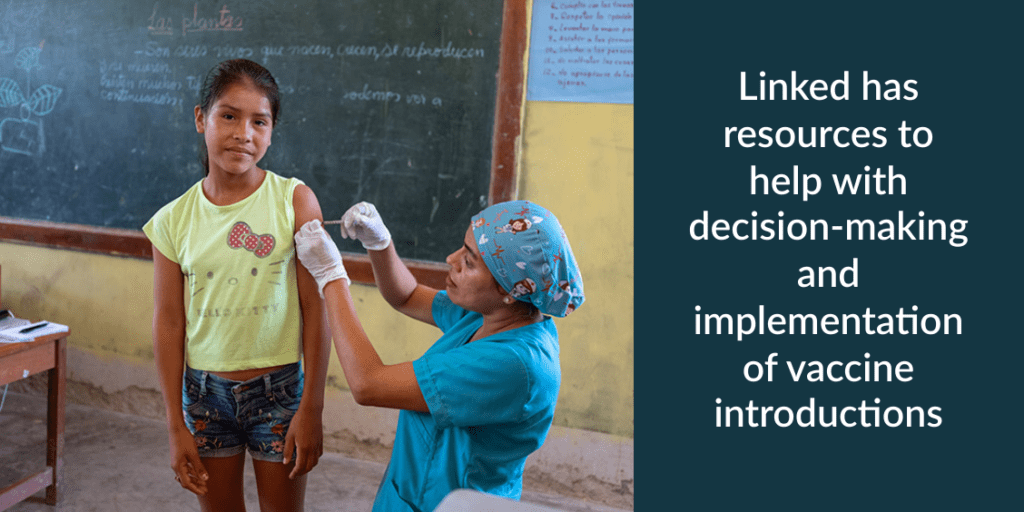
Today, 8 March 2024, marks an important celebration of International Women’s Day, centered around the theme ‘Invest in women: Accelerate progress.’
Cervical cancer poses a significant threat to women’s health globally, but this disease is preventable thanks to vaccines, which have proven to be a decisive weapon in the fight against it.
Linked extends its warmest wishes for the well-being and health of all women worldwide. In this email, we share two spotlights of progress on HPV vaccine introductions in Georgia and Uzbekistan in the voices of public health and immunisation experts, plus five resources to help strengthen decision-making and implementation of vaccine introduction.

In Uzbekistan, the implementation of the HPV vaccine was very challenging. But these challenges justified all our expectations. It united researchers and health system practitioners. We used an intersectoral approach, involving all international organizations, ministries, Parliament, and the Senate.
A pilot project conducted in 2010 played a big role. We gathered mothers of 2-3 children who were vaccinated and conducted briefings with them in Tashkent, Andizhan, and Navoi.
Enablers of success for the vaccine introduction included:
- An intersectoral approach
- Having the support of the Senate and Parliament
- Collaborating with WHO consultants to jointly prepare all necessary justifying documents with scientific evidence
Equitable immunisation service means that the vaccine should be available to everyone, regardless of the nationality, place of residence, or social background.
-Dilorom Tursunova, National EPI Coordinator, Service for Sanitary and Epidemiological Wellbeing and Public Health (SSEWPH), Uzbekistan

Problems with HPV vaccination in Georgia are general, as with all new vaccine introductions. However, I would like to underline that the information campaign, PHC active supervision, and outreach with parents and teachers gave us [positive] results in the Adjara region.
Some of the measures we applied during the HPV introduction included:
- Active work with PHC personnel, including intensive supportive supervision and co-planning of immunisation sessions
- Meetings with school leadership at the Education Resource Center
- Meetings with teachers, parents, and school medical staff
- Support of Adjara Ministry of Health to provide financial incentives for immunisation to PHC doctors and nurses
- Provision of off-road vehicles to PHC personnel for outreach immunisation
- Participation of local governments in the mobilization of children on vaccination days
- Intensive involvement of local television in the form of TV stories and interviews on HPV
I would like emphasize the role of our champions who provided great support to the HPV introduction and implementation. Without their leadership, contribution, and personal involvement, we would have not achieved our results. These individuals are:
- Dr. Nino Nizharadze, Minister of Health and Social Affairs of Adjara
- Mr. Gocha Davitadze, Head of the Batumi Education Resource Center
- Dr. Dali Davitadze, Head of Batumi Family Medicine Center
-Dr. Nino Gugushvili, Head of Adjara Branch of the National Center for Disease Control and Public Health, Georgia

 | Workshop: New Vaccine Introduction in Middle-Income Countries: Overcoming barriers to introduce and scale the HPV vaccine Explore workshop materials |
| Brief: Overcoming barriers to introduce and scale the HPV vaccine in Middle Income Countries: Key takeaways from Linked’s workshopExamine the learnings |  |
 | Brief: Decision-making for New Vaccine Introduction: Three Key Takeaways from Georgia’s Experience Introducing the Rotavirus and Human Papillomavirus VaccinesDiscover three takeaways |
| Virtual Learning Exchange: National Decision-making in the Introduction of New Vaccines – Learning from Georgia’s ExperienceView the exchange materials |  |
 | Brief: HPV Vaccine Introduction: Communications & Intersectoral Collaboration – Lessons Learned from Georgia and UzbekistanUncover lessons learned |
